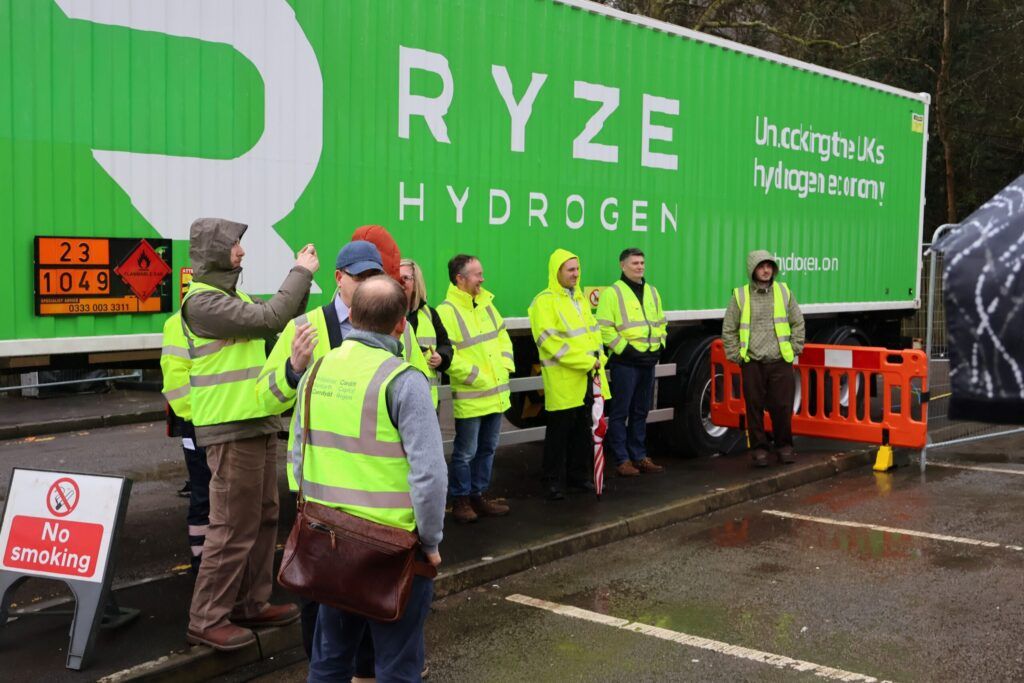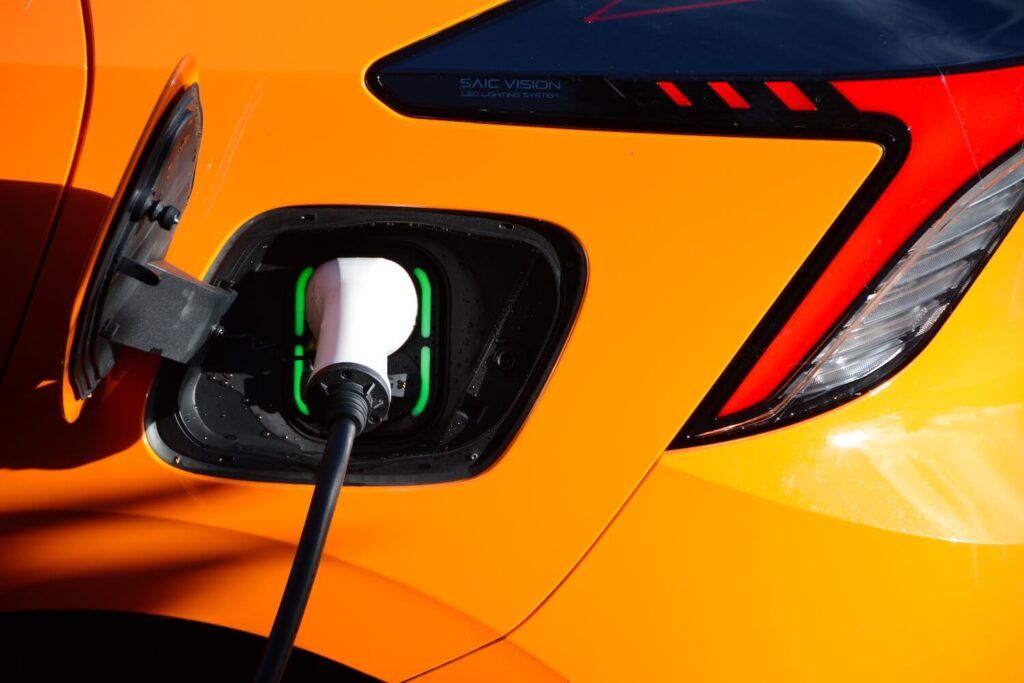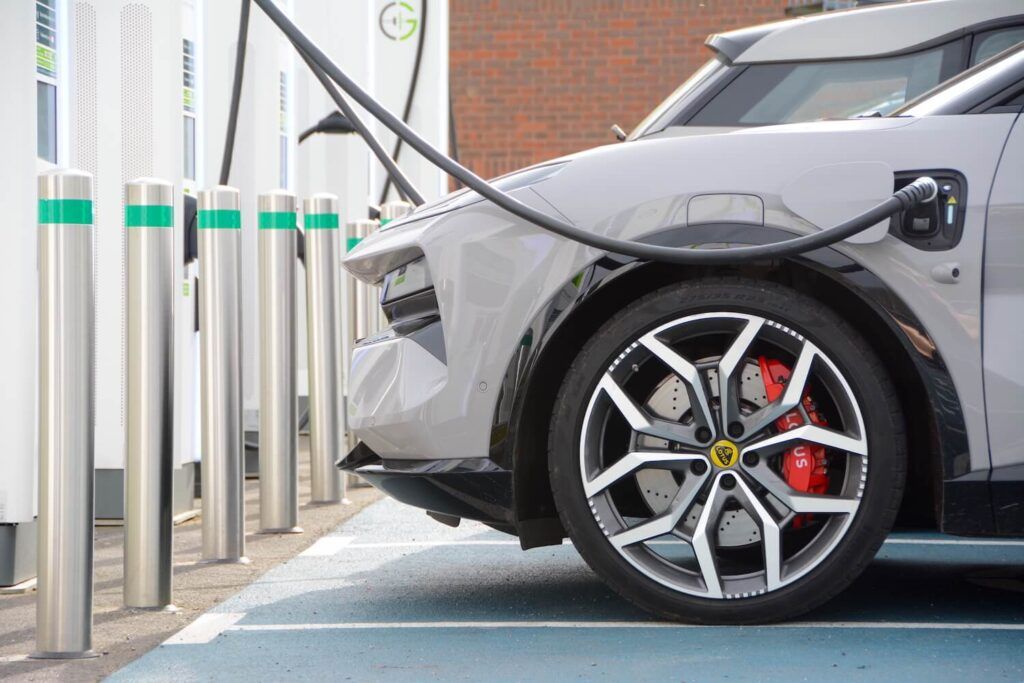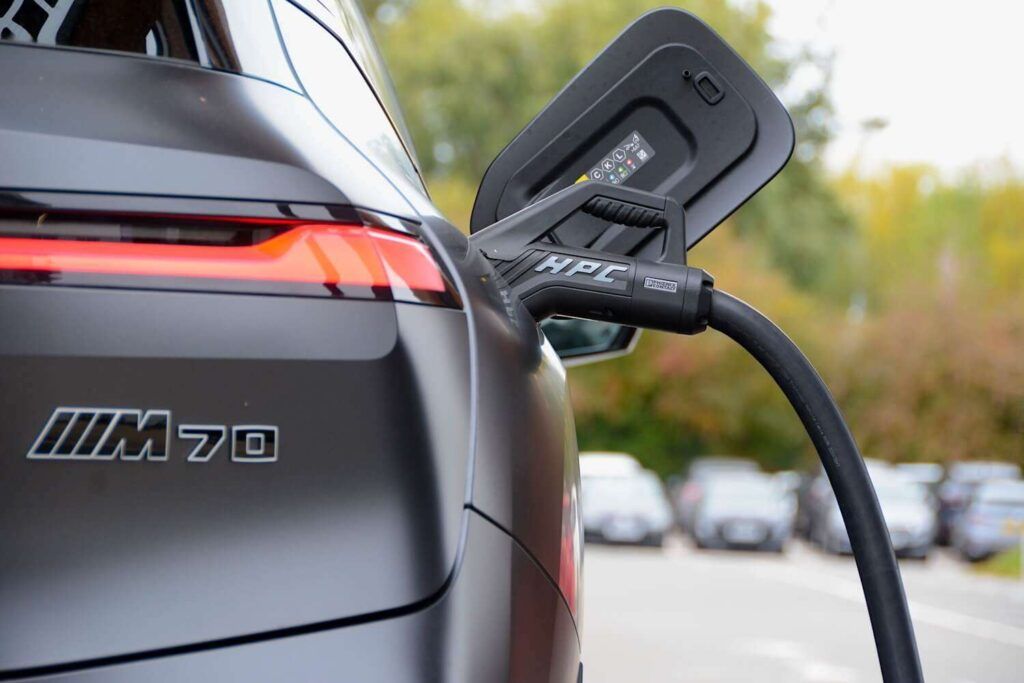A panel of experts delivering electric vehicle batteries and charge points are urging the UK to ensure it remains independent and does not rely on other parts of the world to supply the essential building blocks for a decarbonised future.
In a panel discussion at the Transport + Energy Forum “Taking Action to Decarbonise Now” event led by leading broadcaster and campaigner Quentin Willson, Reza Shaybani, the co-founder and CEO of the EV Network told how, prior to his current role, he spent years in the solar industry creating solar manufacturing in the UK and Europe and they all closed down and went to China. “We don’t have energy security where we rely on Russian gas, Saudi oil and Chinese panels,” he said. “Let’s not make the same mistake with batteries.”
Mr Willson called on the Government to give the industry clear signals that Britain has a stable environment for green investment and will continue to support a UK battery industry long-term. “The market needs stability – stability brings growth, and growth brings wealth and tax,” the Forum heard.
The panel also discussed how the cost of decarbonising is far smaller than the cost of not doing anything. “£22bn is the damage to the economy for sick days – we have 40,000 premature deaths per year, and 20,000 people are dying because of respiratory illness,” Mr Shaybani said. “You can either spend money on creating clean air or you spend the money on the NHS instead.”
Director of Communications at Britishvolt, Ben Kilbey, commented: “If we want to safeguard jobs, we don’t want to be importing from China. We’re not in a race to the bottom, and the Chinese have been very shrewd with how they have delivered batteries, but if we don’t want to be reliant on other parts of the world, we want to deliver our own UK IP”.
Quentin Willson added that if batteries are imported from China, the emissions created in getting them here mean a vehicle will need to drive 40-50,000 miles to see the carbon benefits because of the distances involved.
Also on the panel, Dr Joanna White from National Highways confirmed that the Government-owned company is looking at whether the land around highways could be used for solar while the Joint Head of OZEV, Katie Black, addressed local authority charge point concerns, explaining the Infrastructure Strategy set out that local areas need their own plan because of localised differences in things such as geography and the amount of on- and off-street parking. “Central Government should not prescribe things to local authorities,” she said, although “there are still discussions about whether this should be done on a district/borough level or across a wider county.” She reiterated that OZEV would support local strategies as required.












